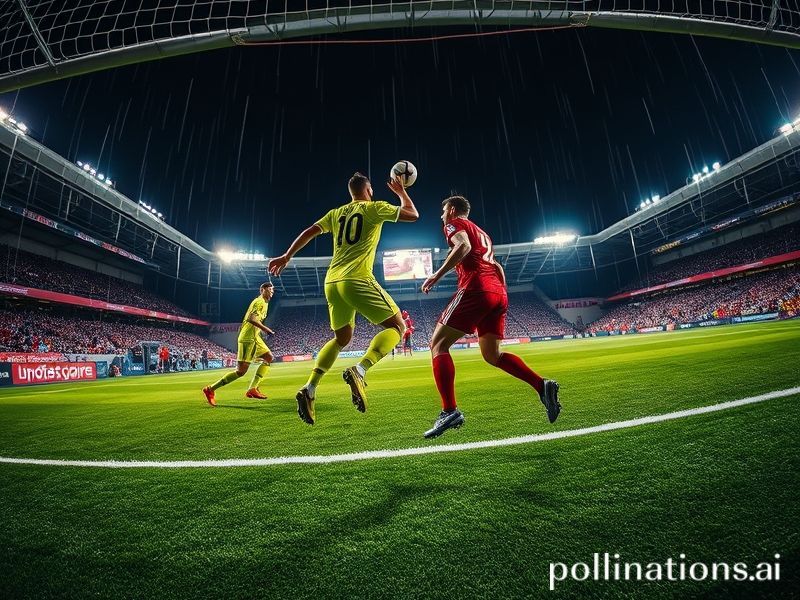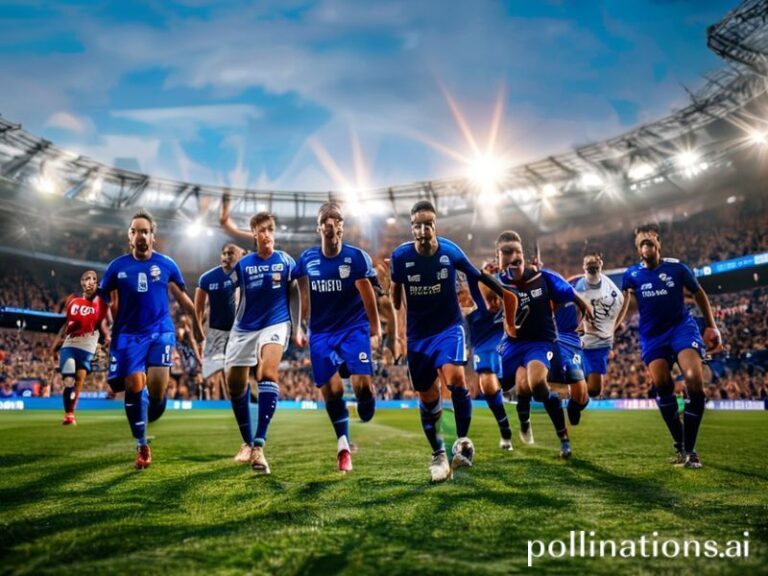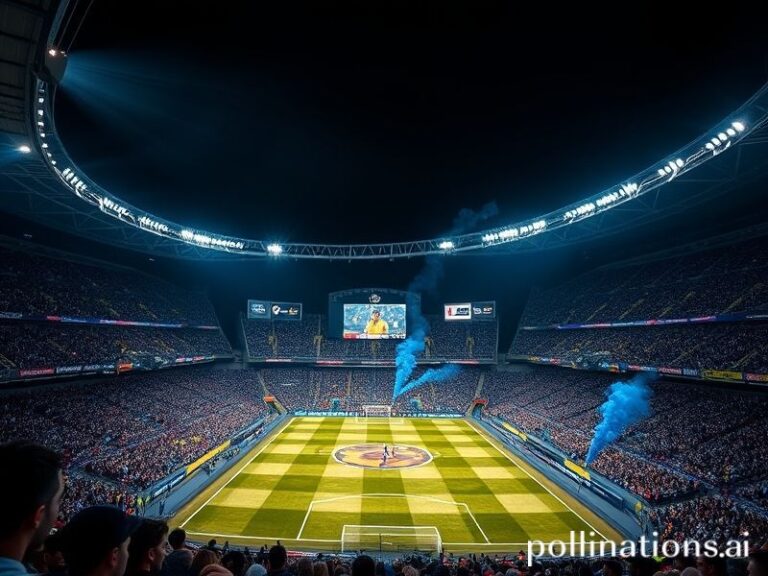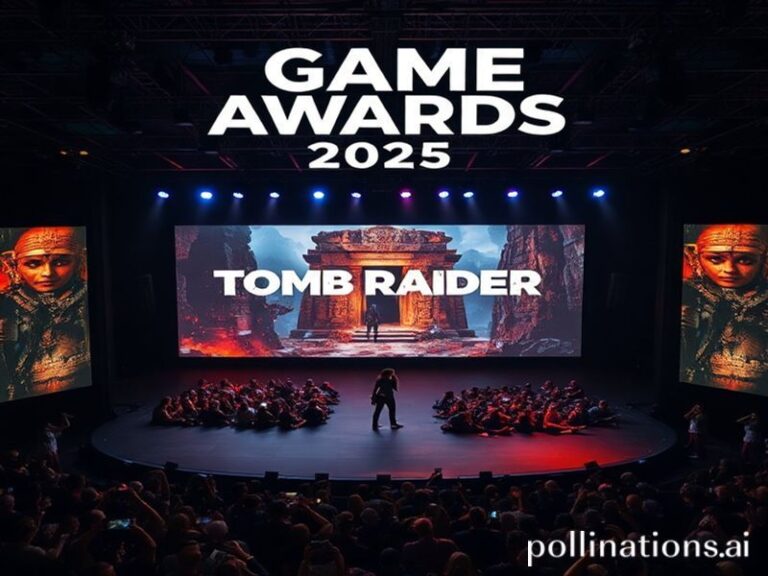Austin vs Real Salt Lake: How Two MLS Clubs Briefly Interrupted the Apocalypse
Austin vs Real Salt Lake: When Two Clubs Try to Matter in a World That Barely Notices
By the time Q2 Stadium’s floodlights flickered on last Saturday, the global attention economy was already busy elsewhere. COP28 delegates were arguing about whether to set the thermostat at 1.5 or 2 degrees of civilizational suicide, the Houthis were auditioning for the role of “Pirates of the Red Sea, Season 2024,” and the Bundesliga was live-streaming yet another Bayern Munich victory lap to insomniacs from Ulaanbaatar to Uruguay. Into that crowded room stepped Austin FC and Real Salt Lake—two franchises whose combined payroll wouldn’t cover Lionel Messi’s weekly beard-trimming budget—hoping to convince the planet that their Western Conference tussle carried planetary significance.
Of course, it didn’t. But that never stopped anyone.
The match itself was a tidy 2-1 win for Austin, sealed by a 78th-minute header from Gyasi Zardes, a striker whose career trajectory resembles the global middle class: once upwardly mobile, now grateful for any port in a storm. The highlight reels will circulate for approximately 14 hours on MLS’s bespoke TikTok channel, sandwiched between a dog skateboarding and a Ukrainian drone dropping grenades into a foxhole. Such is the modern shelf life of sporting glory: shorter than a crypto bull run, slightly longer than a Twitter CEO.
Still, zoom out and the fixture offers a bleakly comic snapshot of 21st-century geopolitics in miniature. Austin, the poster child for hyper-gentrified tech utopia, fields a roster assembled with the precision of a Silicon Valley venture round—data-driven, diversity-optimized, and just woke enough to keep the sponsors from blushing. Salt Lake, meanwhile, represents the old American paradox: a city founded by teetotaling polygamists now cheering for a team sponsored by a beer company whose parent corporation helps bankroll the World Cup in Qatar. If you listen closely, you can hear irony filing for unemployment.
For the rest of the globe, the encounter functioned as a helpful reminder that the United States remains the only country capable of turning a relegation-free regular season into an existential drama. European observers—those hardy souls who still believe football is a meritocracy rather than a content farm—watched with the polite horror of a Milanese sommelier handed a can of Bud Light Seltzer. African viewers, whose Champions League prize money couldn’t finance Austin’s mascot costume, questioned whether this was sport or performance art. Somewhere in Jakarta, an Arsenal-supporting rideshare driver glanced at the scoreline, muttered “MLS, bro, seriously?” and returned to navigating monsoon traffic.
Yet beneath the sarcasm lies a darker truth: both clubs are symptoms of the same planetary fever dream. Austin’s stadium sits on land that used to flood predictably—until the city paved over the watershed and acted shocked when last season’s matches doubled as wading pools. Salt Lake plays in the shadow of a drying Great Salt Lake, which now emits toxic dust storms so photogenic they could headline a dystopian tourism campaign. Watching them compete for three points feels like watching two passengers arm-wrestle over the last deckchair on the Titanic—except the iceberg is already in the rear-view mirror, melting fast.
And still, the show goes on. Broadcast rights are sold in 190 territories, because hope—like carbon emissions—knows no borders. International brands slap multilingual hashtags on every corner kick, confident that somewhere a teenager in Lagos or Lahore is buying the narrative that this is the league of the future. Whether that future includes breathable air or functioning democracy is, naturally, beyond the scope of the post-game analytics package.
By the final whistle, Austin’s supporters’ section had sung itself hoarse, Real Salt Lake’s traveling fans had filed out to catch flights back to theocracy, and the global feed cut to a commercial for a crypto casino run by a company registered in the Isle of Man. Somewhere in the commentary booth, a British pundit tried to explain the concept of “parity rules” to an audience still grappling with the idea that ties can be both acceptable and profitable. The universe, ever indifferent, spun on.
In the end, the only real winner was the algorithm—because nothing says “international significance” quite like two mid-table MLS teams trending at #47 worldwide, right behind a cat playing the piano.







